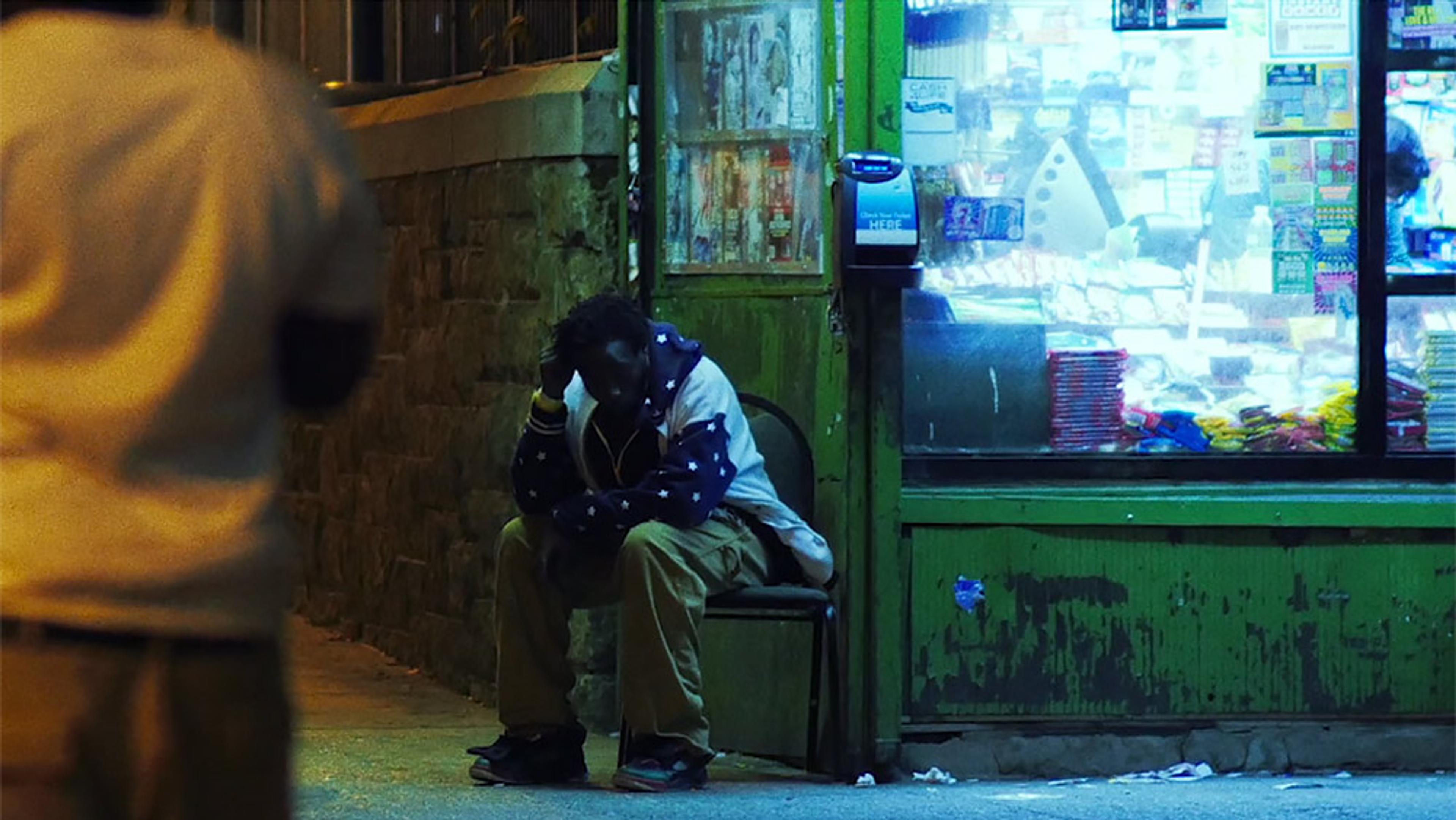Some of the earliest documentary films were travelogues that offered experiences of places that viewers might never get to visit for themselves. In Outerborough, the US filmmaker and artist Bill Morrison repurposes and reimagines an early example of the genre – Across the Brooklyn Bridge (1899) – to give ‘modern audiences [a] similarly rarefied view we can no longer experience’. As Morrison notes in describing his work: ‘Not only has the cityscape changed over the past century, but also, no train crosses the bridge anymore, and no vehicle can travel over on its median as that trolley did. The unique central perspective lends itself to abstraction and time travel: the journey from one side of the East River to the other becoming a unit of both time and space…’ Commissioned by the Museum of Modern Art in New York for its 2005 reopening, the short film features a restored version and the original film, side by side. Juxtaposing the two frames and adding a frenetic, original score that yields an even greater sense of momentum, Morrison transforms the footage into something kinetic and enigmatic – an experiment in movement as a way of experiencing history.
Racing through time on a Brooklyn Bridge trolley ride in 1899
Director: Bill Morrison
Composer: Todd Reynolds
10 April 2018
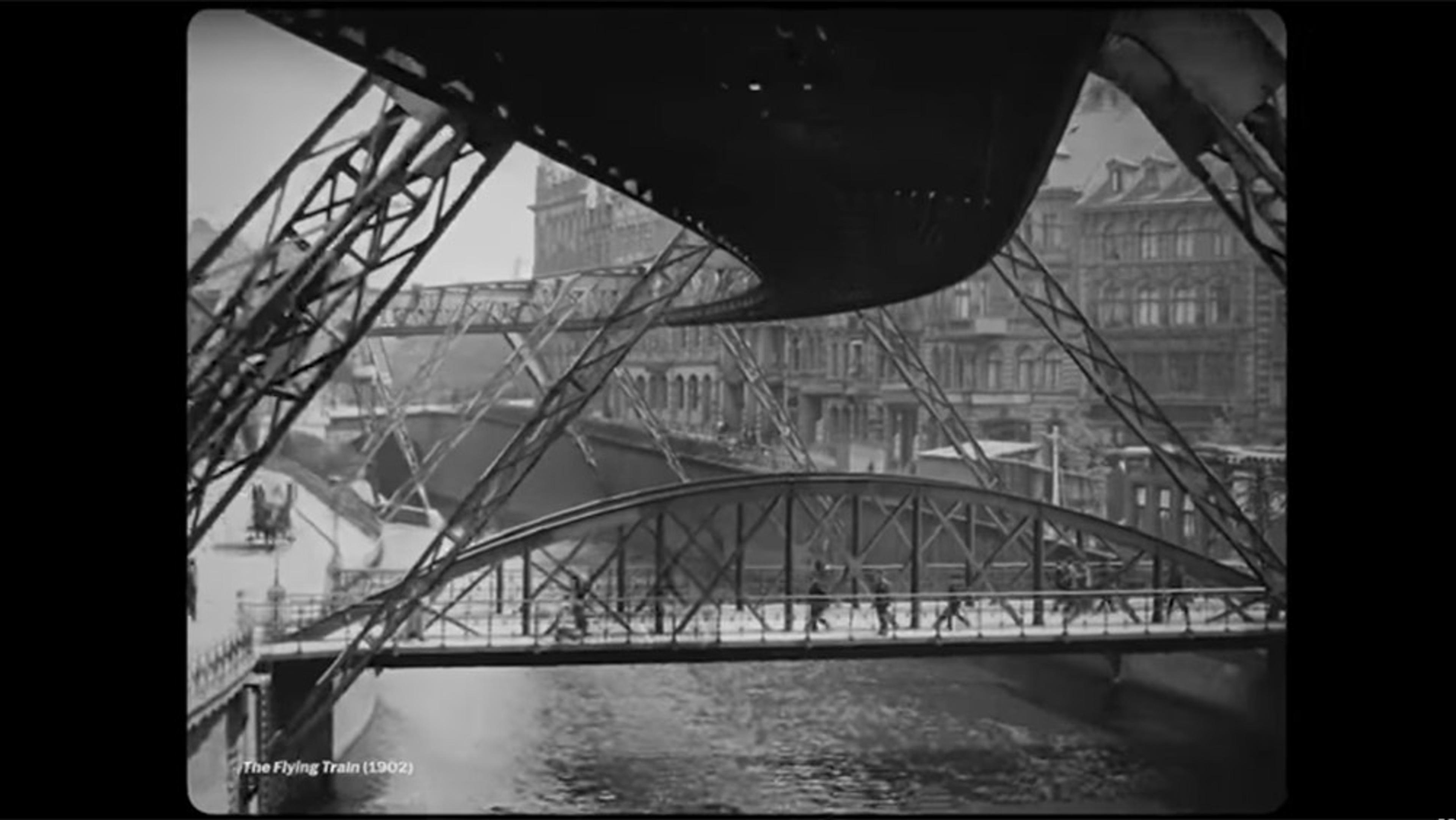
videoFilm and visual culture
Our ideas about what early movies looked like are all wrong
11 minutes

videoCities
Walt Whitman’s poetry frames scenes from 1920s New York in this film classic
10 minutes

videoSubcultures
New York City, 1986 – the grit, the graffiti, the glory
18 minutes
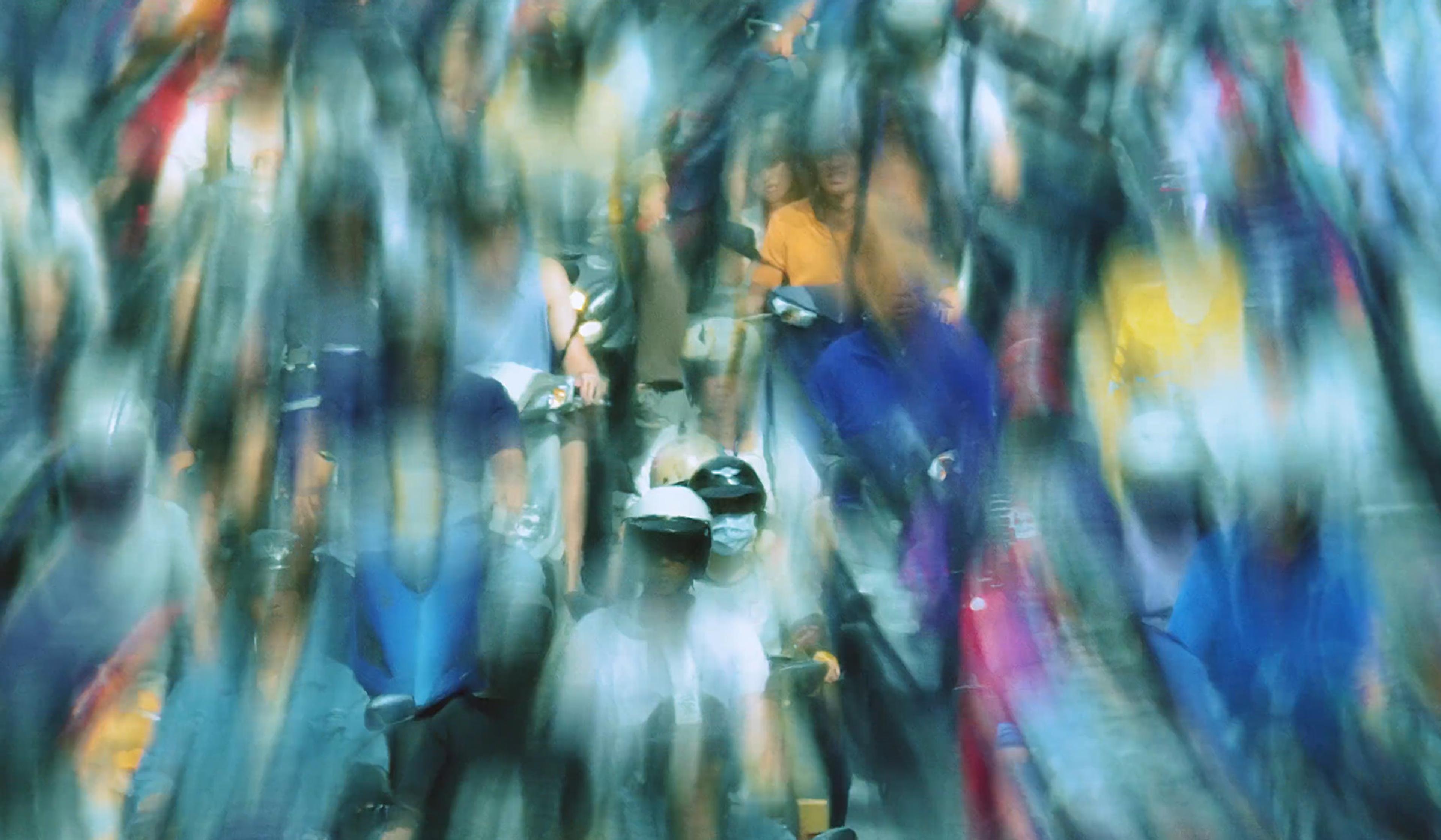
videoCities
Time dilates and people flow in and out of each other in a hallucinatory urban commute
3 minutes
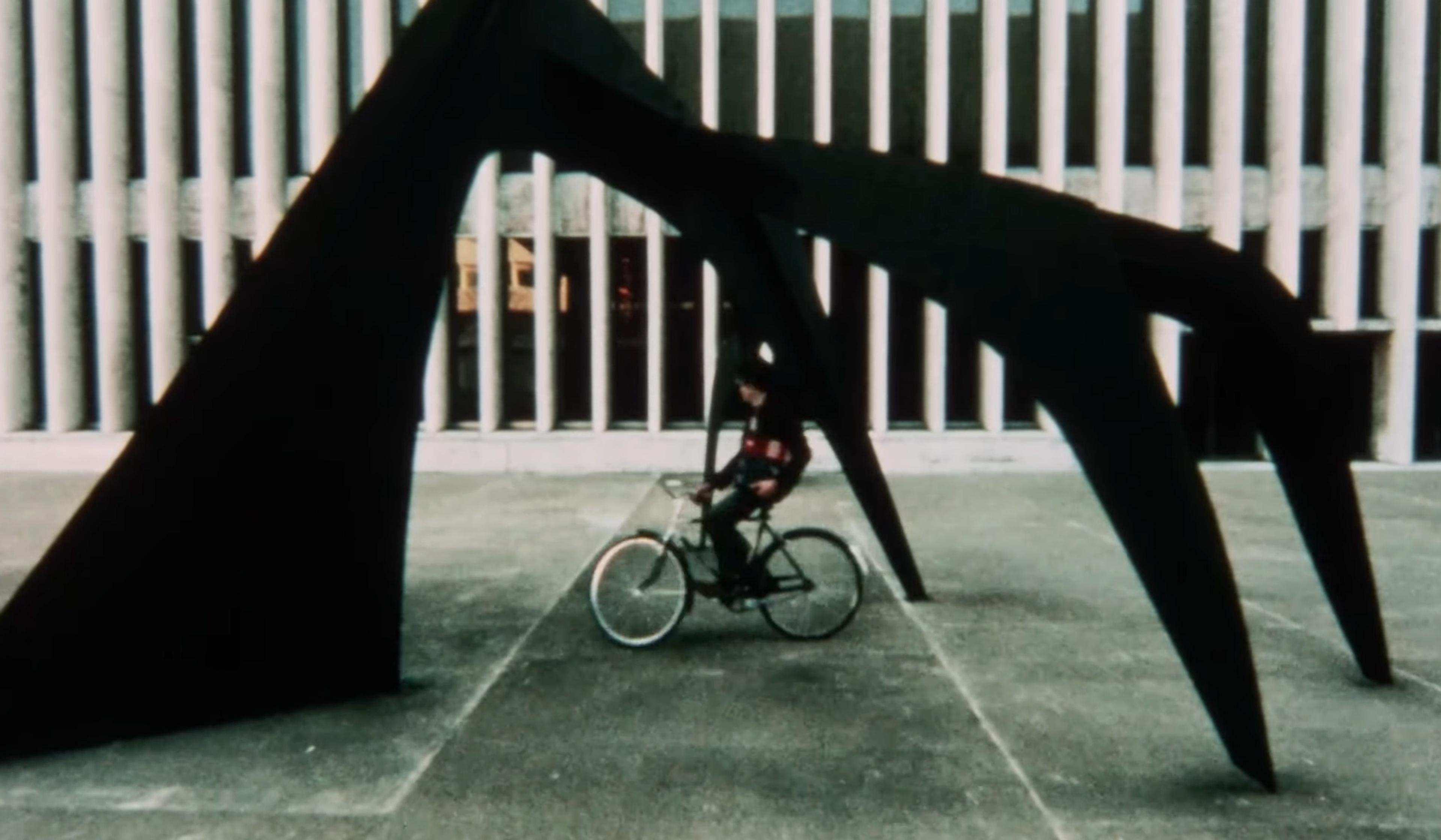
videoArt
A guided tour of New York’s public art in 1973, in all its charms and contradictions
28 minutes
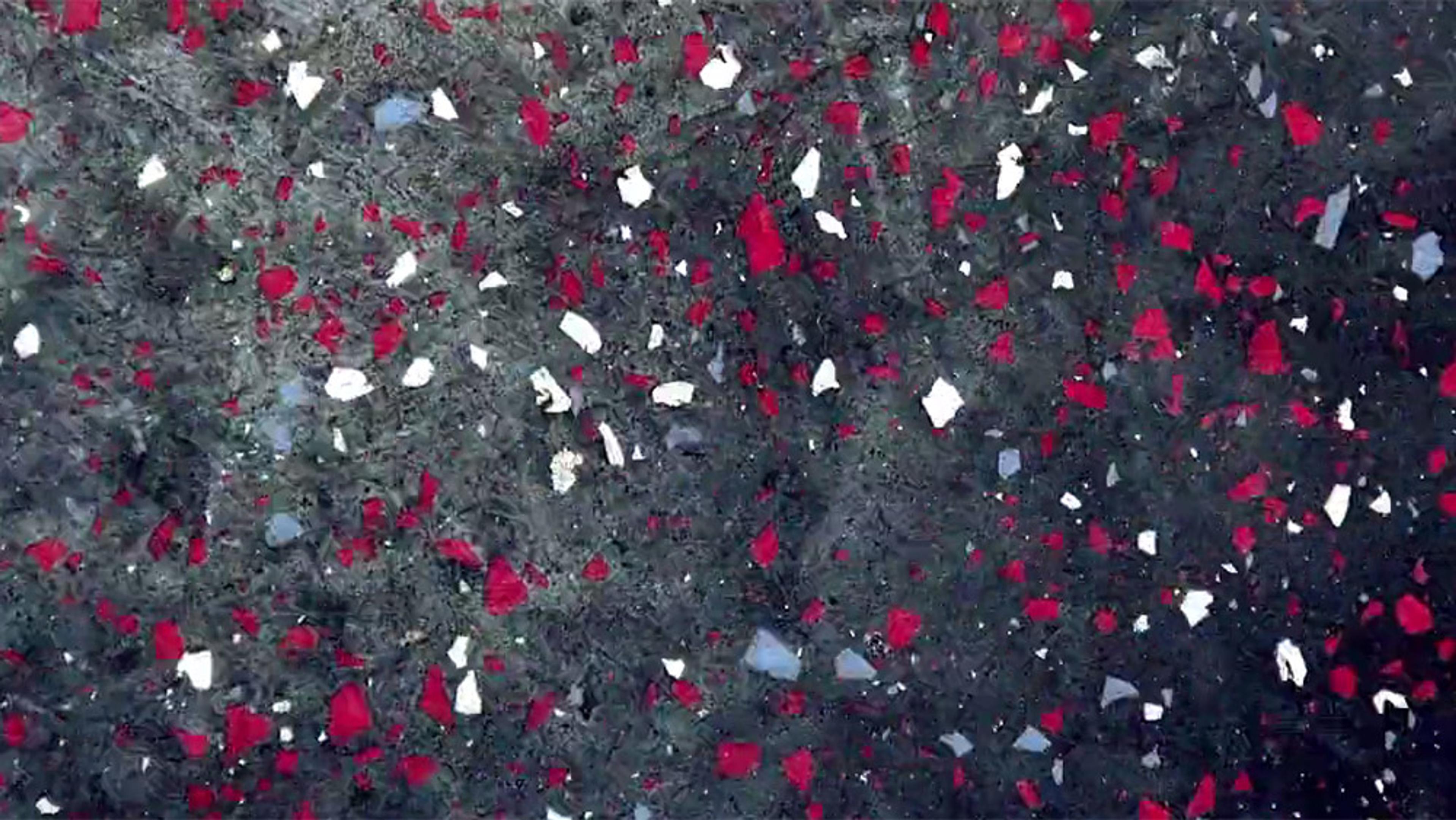
videoCities
A brisk, tactile jaunt across an urban landscape’s many surfaces
1 minute
